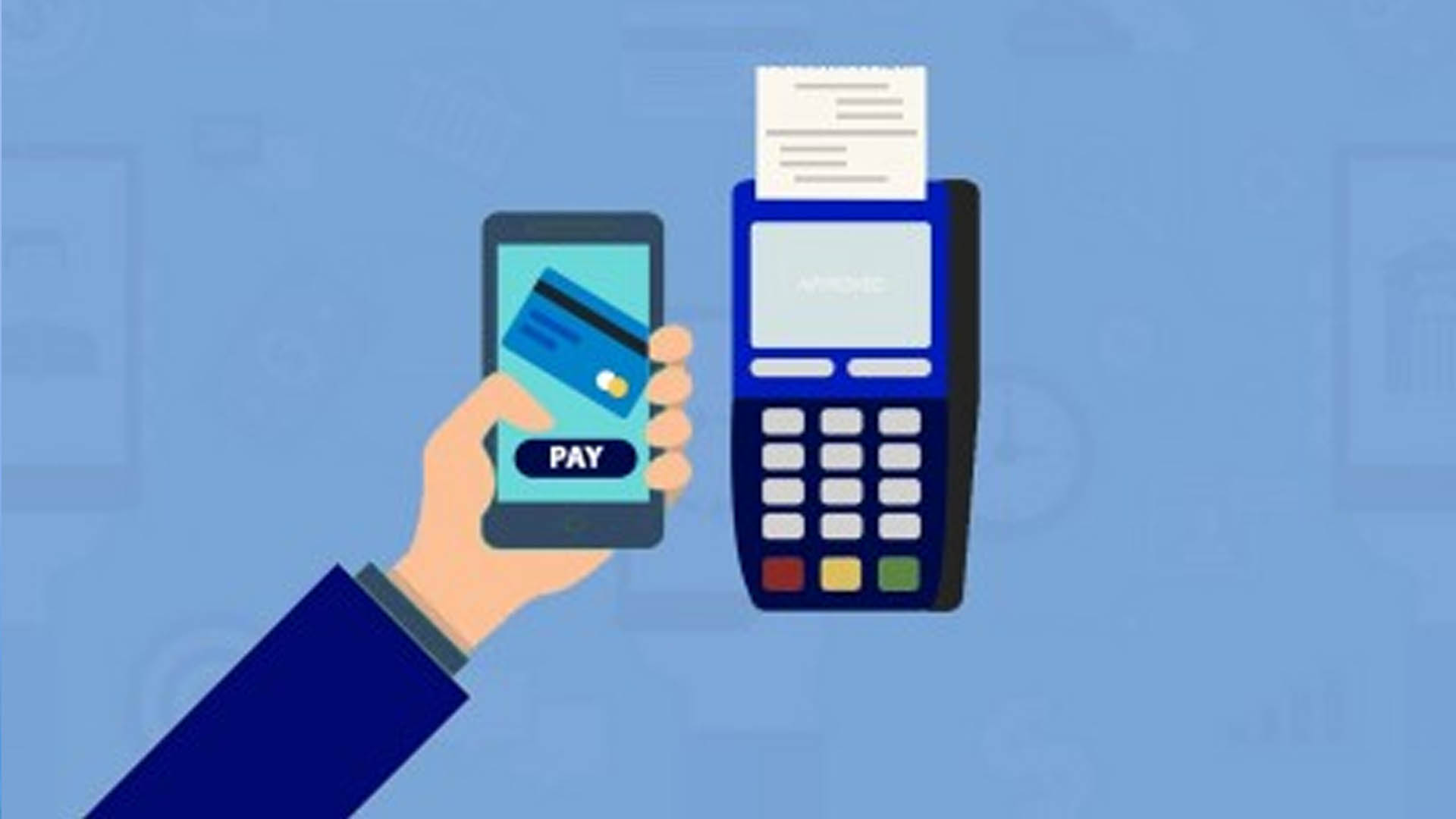The Bangko Sentral ng Pilipinas’ (BSP) program aims to encourage people to use digital payment platforms got a boost during the ongoing enhanced community quarantine (ECQ) in most parts of the country.
Data from the central bank showed that transactions using PESONet and InstaPay visibly increased compared before the ECQ due to restrictions in movement of people outside of their houses.
“To efficiently and safely make payments, the business entities with obligations to pay during this period used EFT (electronic fund transfer) services, particularly, the PESONet,” a central bank bulletin showed.
InstaPay and PESONet are real-time electronic payment systems under the National Retail Payment System (NRPS).
InstaPay offers consumers a safe, affordable, and real-time electronic payment option for up to PHP50,000 per transaction without limit in a day.
Charges may apply to the one sending the fund and the one receiving it depending on the financial institutions they will tap.
PESONet, on the other hand, is a batch EFT credit payment scheme for business-to-business as well as people-to-business transactions like credit salaries to employees’ existing accounts.
These e-payment options are posting bigger jumps since the ECQ was declared over mainland Luzon last March 16.
The quarantine was supposed to end last April 12 but was extended to April 30 to ensure the initial gains will not be wasted. The government has yet to announce whether this deadline will be further extended or modified.
Before the ECQ, the value of PESONet transactions amounted to about PHP6 billion daily but surpassed PHP6 billion in most days since March 17 until April 2, 2020.
Value of InstaPay transactions are also generally higher during the ECQ although there were days that the daily value was lower than before the quarantine period.
“The PESONet volume did not grow along with the PESONet value due to the adverse economic impact of the ECQ on salaried individuals who are also users of PESONet,” the bulletin said.
As a consequence of increased digital payment transactions, both the cheque payments and automated teller machines (ATMs) withdrawals declined.
Before the ECQ, the value of daily cheque transactions surpassed PHP150 billion daily but this averaged to about PHP50 billion to PHP75 billion from March 17 until April 2.
Minimum daily value of ATM withdrawals from March 2 until March 16 is about PHP3 billion, with the highest at nearly PHP9 billion.
The daily transactions from March 17 to April 2 is about PHP3 billion to PHP4 billion, with the highest at about PHP5 billion.
The bulletin said cheques “which are predominantly used by business entities substantially declined in volume and value” because of lower business transactions during the ECQ.
“ATM withdrawals were on downtrend, reflecting the unfavorable effect of work suspension on millions of workers in Luzon and other regions,” it said.
It added people were inclined to use the InstaPay service which is a more convenient and safer means to make low-value payments during the ECQ.
“Instead of heavily relying on ATMs, many depositors resorted to using InstaPay. The behavior-changing quarantine sustained the upward trend in InstaPay volume and value,” it said.
Meanwhile, the bulletin said ATM withdrawals and InstaPay demonstrate similar characteristics.
The volume and value of transactions jump on a pay day and Fridays when people anticipate weekend expenses, it said.
It added that volume and value of transactions are high on weekdays than on weekends “as work, household and other expenses are funded on weekdays while only household expenses are incurred on weekends.”
It also cited the “high volume and value on Mondays when people are accustomed to doing personal and business transactions at the start of the week.”
On Wednesday, BSP Governor Benjamin Diokno urged the public to utilize e-payment platforms during the ECQ to help in the government’s bid to address the rise of coronavirus disease (Covid-19) and lessen transmission.
“Fees for these services have been waived by authorized financial institutions during the ECQ period,” he said.
As of end-March this year, the BSP said there are 45 financial institutions that offer InstaPay service while 56 financial institutions provide PESONet service.
The BSP targets to increase the value of e-payment transactions in the country to account for 30 percent of the total by 2020, while volume is aimed to account for 20 percent of the total. (PNA)





















